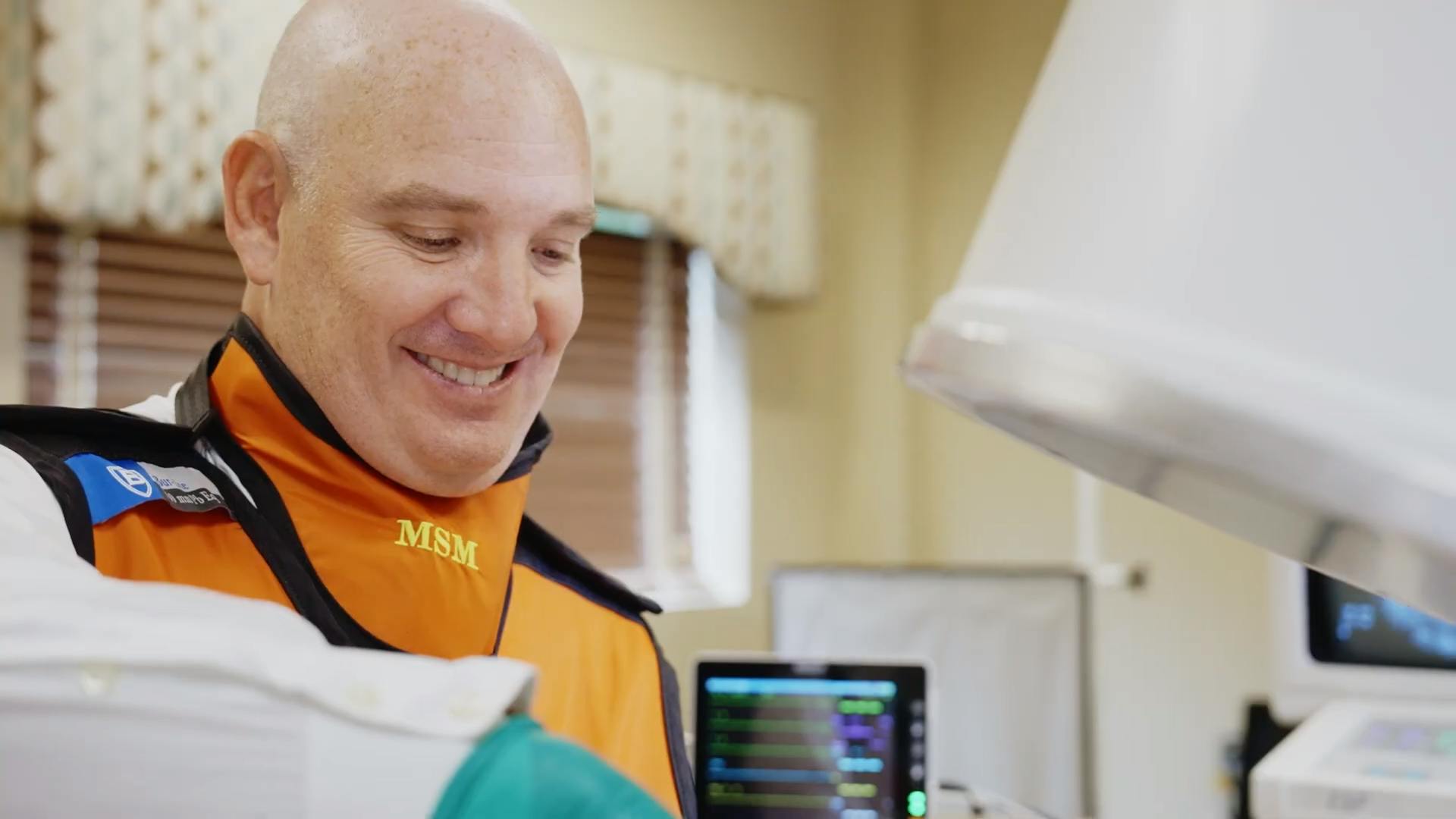A Multi-Pronged Approach


Relief Through Expertly Guided Pain Management
When back pain persists despite rest or other treatments, medication may offer relief. At the Center for the Functional Restoration of the Spine, we recognize that while medication can alleviate discomfort, it may not address the underlying issue causing your pain. Nevertheless, pain meds can provide respite and facilitate your body's healing process. If your back pain persists beyond three days, it's important to seek medical attention. Reach out to our Edison, Shrewsbury, or Toms River offices to schedule a consultation to get relief.
When Medication is the Right Treatment Option
Medication often plays a crucial role in managing back injuries and spine conditions. While it may be the first approach, more comprehensive treatments are often required. Medication can be complemented by physical therapy, which focuses on strengthening muscles and enhancing flexibility to prevent further injury.
IMPORTANT: It's essential to exercise caution when taking medication. Always follow the explicit guidance of our healthcare providers and consult with your physician. Inform them about any other medications you are taking to avoid potentially dangerous drug interactions.
Commonly Prescribed Pain Medications
Over-the-counter medications, such as aspirin and ibuprofen, are common choices for pain relief and reducing inflammation. Some medications containing aspirin include:
- Anacin
- Bayer Arthritis
- Excedrin.
Non-steroidal anti-inflammatory drugs (NSAIDs) are also options, including:
- Advil
- Motrin
- Aleve
- Ibuprofen
In specific cases, prescription medications like Neurontin, which targets nerve pain, or opioids such as Vicodin and Percocet, may be recommended for effective pain management.


For the Right Treatment for You Rely on the Experts
Remember, pain medication should be part of a broader treatment plan. If you're experiencing persistent back pain, reach out to our experts at the Center for the Functional Restoration of the Spine. We'll help you find the right combination of treatments to relieve your pain and promote your overall well-being. Your health and comfort are our top priorities.



